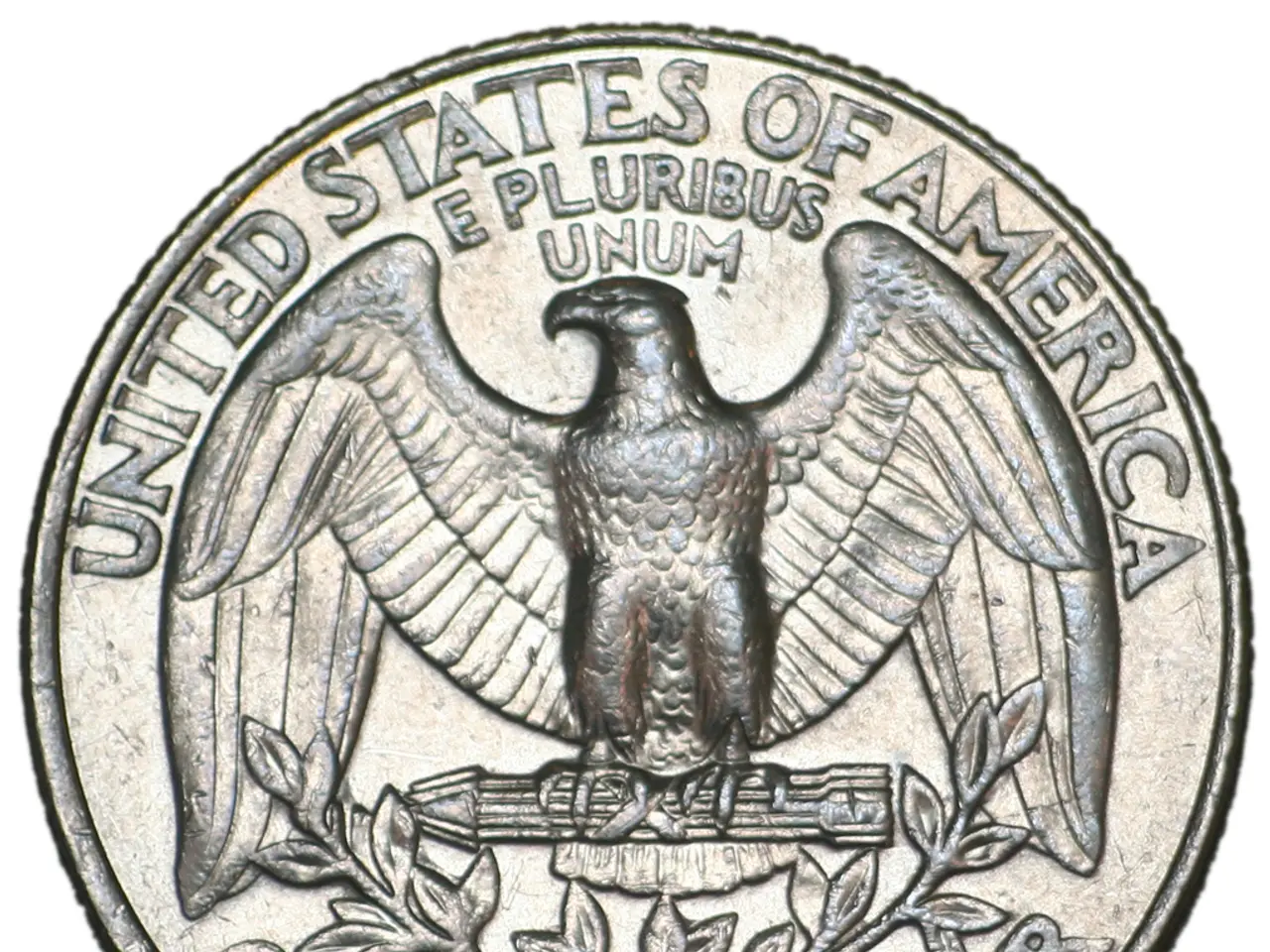PNC Partners with Coinbase to Deliver Digital Asset Services
Traditional Banks Wade Deeper into Crypto Waters with Regulatory Clarity
In a significant shift for the traditional banking sector, two major players – PNC and JPMorgan – are venturing into the crypto arena, spurred on by the recent regulatory clarity provided by the GENIUS Act.
PNC Bank has partnered with Coinbase, a leading crypto infrastructure provider, to offer its banking clients, institutional investors, and corporate treasurers the ability to buy, hold, and sell cryptocurrencies using Coinbase's institutional "crypto-as-a-service" platform. This move marks a significant step by a traditional bank into crypto financial products, providing secure and scalable access to digital assets for both retail and institutional clients.
Brett Tejpaul, Head of Coinbase Institutional, expressed his excitement about supporting PNC's entry into the digital asset market. He stated, "We're thrilled to support PNC's entry into the digital asset market with Coinbase's leading Crypto-as-a-Service platform."
Meanwhile, JPMorgan is reportedly considering offering loans backed by clients' Bitcoin and Ethereum holdings. This potential move would enable clients to use their crypto assets as collateral to access cash liquidity without selling their assets.
The collaboration between PNC and Coinbase is expected to expand access to digital asset solutions for a wider range of clients. Coinbase's Crypto-as-a-Service (CaaS) platform will provide the underlying crypto infrastructure, while PNC will maintain full control over the client experience, brand, and compliance framework.
Coinbase, founded in 2012, has proven resilient in offering crypto capabilities for trading, staking, safekeeping, spending, and global transfers. The recently passed GENIUS Act may give Coinbase the opportunity to apply for a banking license, which would enable Coinbase to obtain Fed master accounts and connect directly to Fedwire.
However, Coinbase is currently embroiled in a legal battle with the Securities and Exchange Commission (SEC) and the Federal Deposit Insurance Corporation (FDIC) over regulatory transparency in crypto. The lawsuit with the FDIC, regarding "pause letters" sent to banks, is still ongoing, as the FDIC is refusing to fully comply with Freedom of Information Act (FOIA) requests. The latest update shows that the lawsuit was jointly dismissed in February.
The partnership between PNC and Coinbase comes at a time when traditional banks are increasingly exploring crypto-powered financial products and services in response to evolving regulatory landscapes and client demand. This development suggests that top traditional financial institutions are recognising the potential of cryptocurrencies and are positioning themselves to capitalise on this growing market.
- As traditional banks delve deeper into cryptocurrencies, businesses in the tech sector, like Coinbase, are poised to expand their services, providing crypto-as-a-service platforms to institutions like PNC Bank.
- With JPMorgan considering Bitcoin and Ethereum-backed loans, technology in finance is playing a pivotal role in bridging the gap between traditional banking and digital assets, opening up new avenues for business and investment.




